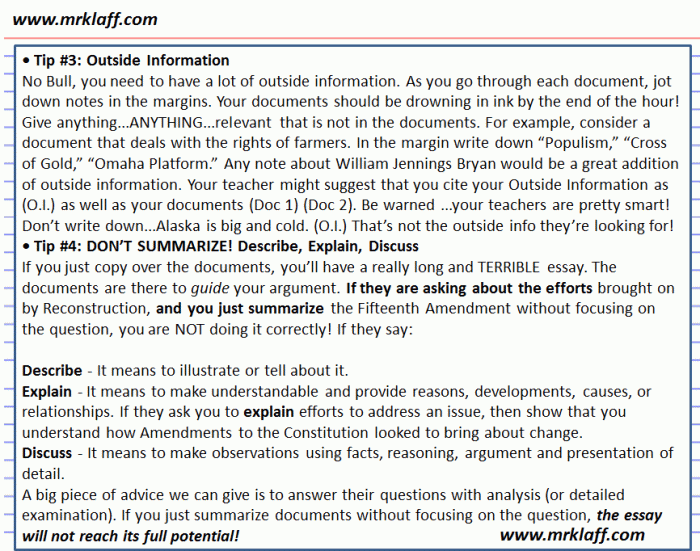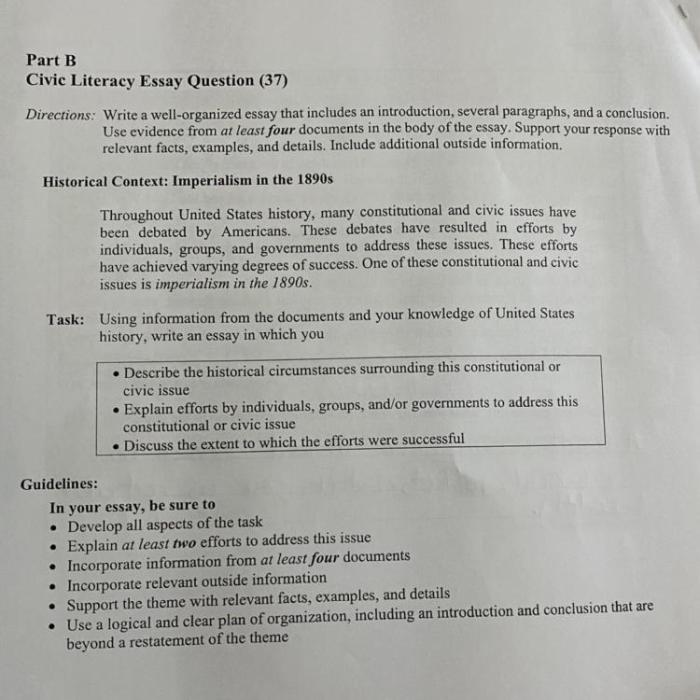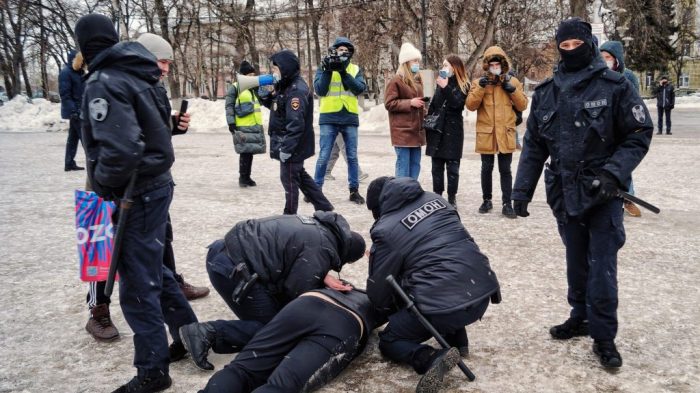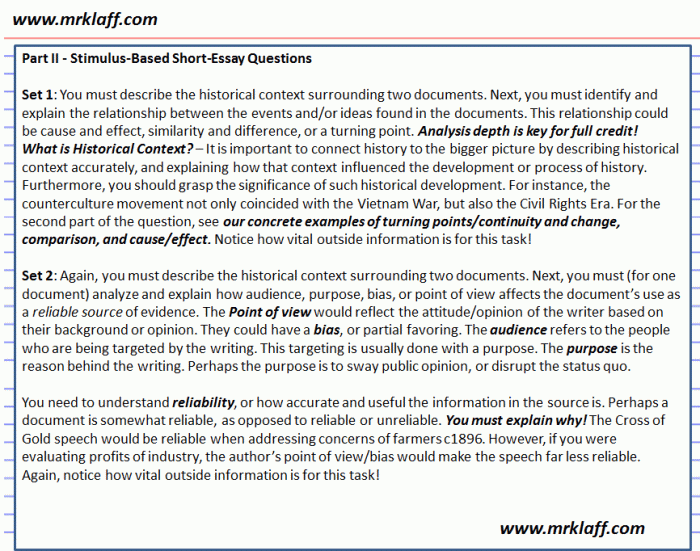Civic literacy essay freedom of speech during wartime delves into the complex interplay between national security and individual liberties during times of conflict. This discourse examines the historical significance of free speech in wartime, the legal framework protecting it in the United States, and the challenges of balancing these rights with the government’s responsibility to safeguard national security.
Throughout history, free speech has played a pivotal role in shaping public opinion, fostering dissent, and holding governments accountable. However, wartime often brings forth a tension between the need for national security and the preservation of individual freedoms, leading to debates about the limits of free speech in such circumstances.
Historical Context of Free Speech During Wartime

Free speech has played a significant role in wartime throughout history. During times of conflict, the tension between national security and individual liberties becomes particularly acute. Governments have often sought to restrict free speech in the name of protecting the nation, while individuals and groups have fought to maintain their right to express dissent and criticize the war effort.
In the United States, the First Amendment to the Constitution guarantees the right to free speech, even during wartime. However, this right is not absolute, and the government can restrict speech that poses a clear and present danger to national security.
The Supreme Court has ruled that the government can also restrict speech that is likely to incite imminent lawless action or that is defamatory.
Case Studies, Civic literacy essay freedom of speech during wartime
- Schenck v. United States(1919): The Supreme Court upheld the conviction of a man who distributed leaflets urging young men to resist the draft during World War I.
- New York Times Co. v. United States(1971): The Supreme Court struck down a government injunction against the publication of the Pentagon Papers, a classified study of the Vietnam War.
Balancing National Security and Free Speech

The government has a responsibility to protect national security, but it must also uphold the right to free speech. Balancing these two interests can be difficult, and there is no easy answer. However, it is important to remember that free speech is a fundamental right that should not be sacrificed lightly.
Restricting free speech during wartime can have a number of negative consequences. It can lead to public distrust of the government, undermine support for the war effort, and make it more difficult to resolve the conflict peacefully.
Recommendations
- The government should only restrict speech that poses a clear and present danger to national security.
- The government should be transparent about its reasons for restricting speech.
- The government should provide a process for individuals to challenge restrictions on their speech.
Impact of Free Speech on Wartime Morale: Civic Literacy Essay Freedom Of Speech During Wartime

Free speech can play a vital role in maintaining public morale during wartime. It allows people to express their concerns, criticize the government, and offer alternative perspectives on the conflict. This can help to build trust between the government and the people, and it can make it more likely that the war effort will be successful.
Suppressing free speech during wartime can have a number of negative consequences. It can lead to public distrust of the government, undermine support for the war effort, and make it more difficult to resolve the conflict peacefully.
Contemporary Challenges to Free Speech During Wartime

The rise of social media and technology has created new challenges to free speech during wartime. Social media platforms can be used to spread disinformation and hate speech, and they can make it easier for governments to track and monitor people’s speech.
It is important to find ways to balance free speech with the need to combat disinformation and hate speech. This is a difficult challenge, but it is one that must be addressed in order to protect free speech and ensure that the public has access to accurate information.
Recommendations
- Social media companies should develop policies to combat disinformation and hate speech.
- Governments should provide funding for media literacy programs.
- Individuals should be critical of the information they consume and share online.
FAQ
What is the significance of free speech during wartime?
Free speech allows for the free flow of information, critical debate, and dissent, which are essential for holding governments accountable and maintaining public morale during wartime.
How does the First Amendment protect free speech in the United States, even during wartime?
The First Amendment guarantees the right to free speech, assembly, and the press, which are considered fundamental rights that cannot be abridged, even in times of war.
What are the potential consequences of restricting free speech during wartime?
Restricting free speech can erode public trust, stifle dissent, suppress critical voices, and ultimately undermine the very freedoms that are being protected.